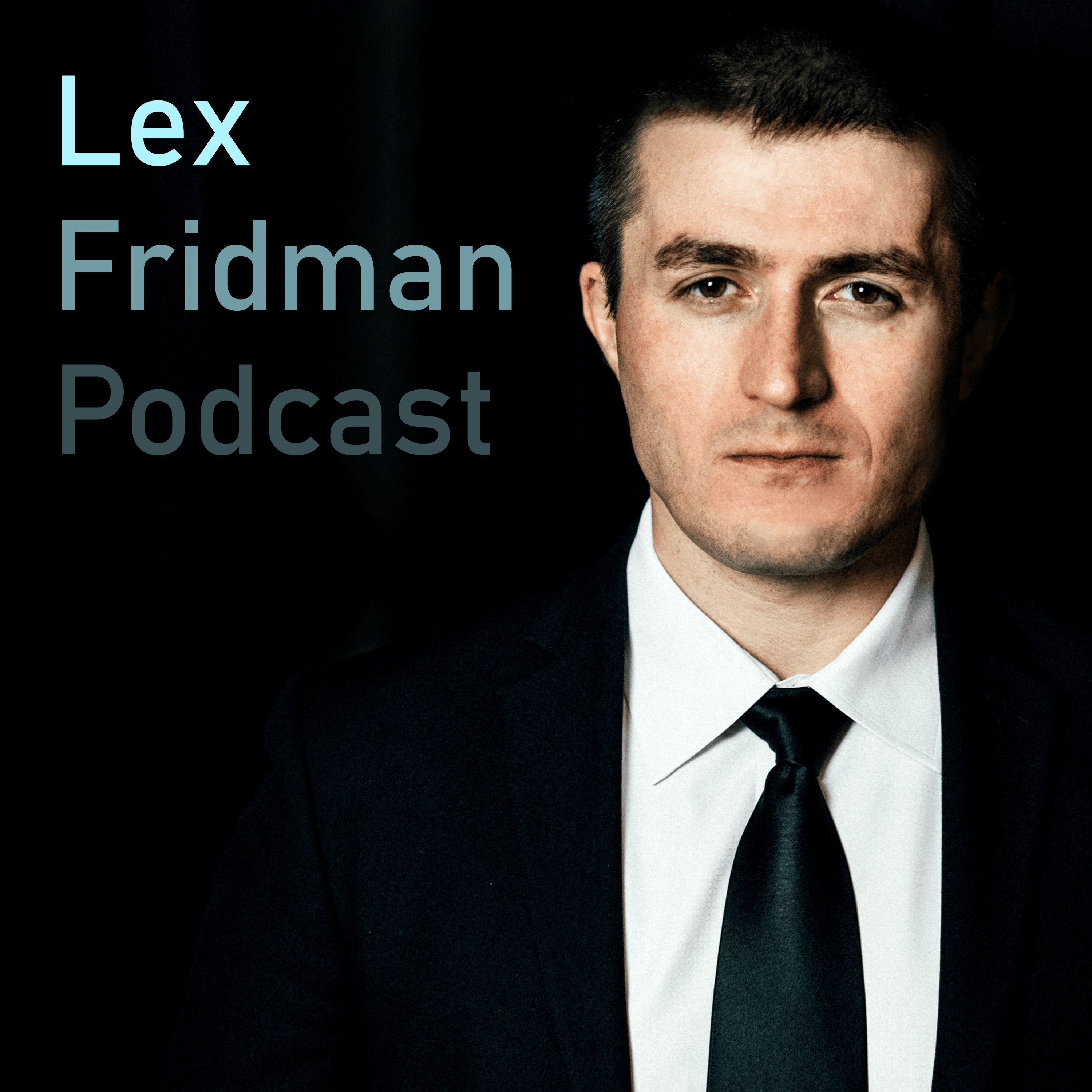
January 19, 2025 • 4hr 3min
#457 – Jennifer Burns: Milton Friedman, Ayn Rand, Economics, Capitalism, Freedom
Lex Fridman Podcast

Key Takeaways
- Milton Friedman and Ayn Rand were both influential individualists and advocates of capitalism, but had very different approaches:
- Friedman was empirical, data-driven, and willing to compromise
- Rand was idealistic, principled, and uncompromising
- Friedman's key contributions include:
- Monetarism and the importance of money supply in economics
- Reinterpreting the Great Depression as a monetary phenomenon
- Predicting stagflation in the 1970s
- Advocating for free market capitalism with limited government intervention
- Rand's key contributions include:
- Creating Objectivism as a philosophical system
- Writing influential novels promoting individualism and capitalism
- Serving as a "gateway" to conservative/libertarian thought
- Operating in the "mythic register" through fiction and characters
Introduction
Jennifer Burns is a historian of ideas who has written biographies of both Milton Friedman and Ayn Rand. This conversation explores their lives, ideas, influence, and the evolution of economic and political thought in 20th century America. Burns provides deep insight into how these two figures shaped modern conservatism and libertarianism through very different approaches.
Topics Discussed
Milton Friedman's Early Life and Education (10:05)
- Educational background:
- Attended Rutgers during the Great Depression
- Chose economics over mathematics due to the crisis
- Studied at University of Chicago under Frank Knight
- Key influences:
- Frank Knight's teaching on markets and competition
- The Great Depression shaped his views on monetary policy
- Chicago School emphasis on empirical research
Schools of Economic Thought (39:15)
- Classical Economics:
- Founded by Adam Smith
- Focus on labor theory of value
- Political economy approach
- Neoclassical Economics:
- Based on marginal analysis
- Mathematical/quantitative approach
- Less government intervention
- Keynesian Economics:
- Government intervention to manage economy
- Focus on fiscal policy
- Dominated post-WWII period
Monetarism and Friedman's Influence (1:11:18)
Friedman developed monetarism as an alternative to Keynesian economics. Key aspects include:
- Core ideas:
- "Inflation is always and everywhere a monetary phenomenon"
- Money supply growth should be steady and predictable
- Focus on monetary over fiscal policy
- Impact:
- Successfully predicted stagflation of 1970s
- Influenced Federal Reserve policy
- Shaped Reagan administration economic policy
Ayn Rand's Philosophy and Impact (2:43:40)
- Objectivism key tenets:
- Rationality as defining human trait
- Ethical egoism/rational self-interest
- Capitalism as ideal economic system
- Influence through fiction:
- The Fountainhead and Atlas Shrugged as vehicles for ideas
- Created heroic capitalist characters
- Operated in "mythic register" through storytelling
Evolution of Ideas in History (3:19:04)
Burns discusses how ideas spread and gain influence:
- Key factors:
- Historical context and timing
- Formation of communities around ideas
- Institutional support and platforms
- Connection to real-world events/validation
- Different paths:
- Top-down through institutions (Friedman)
- Bottom-up through popular culture (Rand)
- Combination of both approaches
Advice to Students (3:37:33)
- Teaching approach:
- Share enthusiasm for ideas
- Maintain objectivity/fairness to different perspectives
- Focus on deep reading and analysis
- Provide historical context
- Reading advice:
- Approach texts with dispassion
- Look for humor and human elements
- Understand historical context
- Read both agreeable and disagreeable viewpoints
Conclusion
This conversation provides deep insight into two of the most influential thinkers of the 20th century who shaped modern economic and political thought through very different approaches. Milton Friedman worked within institutions and used empirical research to advance free market ideas, while Ayn Rand operated outside the establishment and used fiction to promote individualism and capitalism. Their lasting influence continues to shape debates about the role of government, individual freedom, and economic policy.